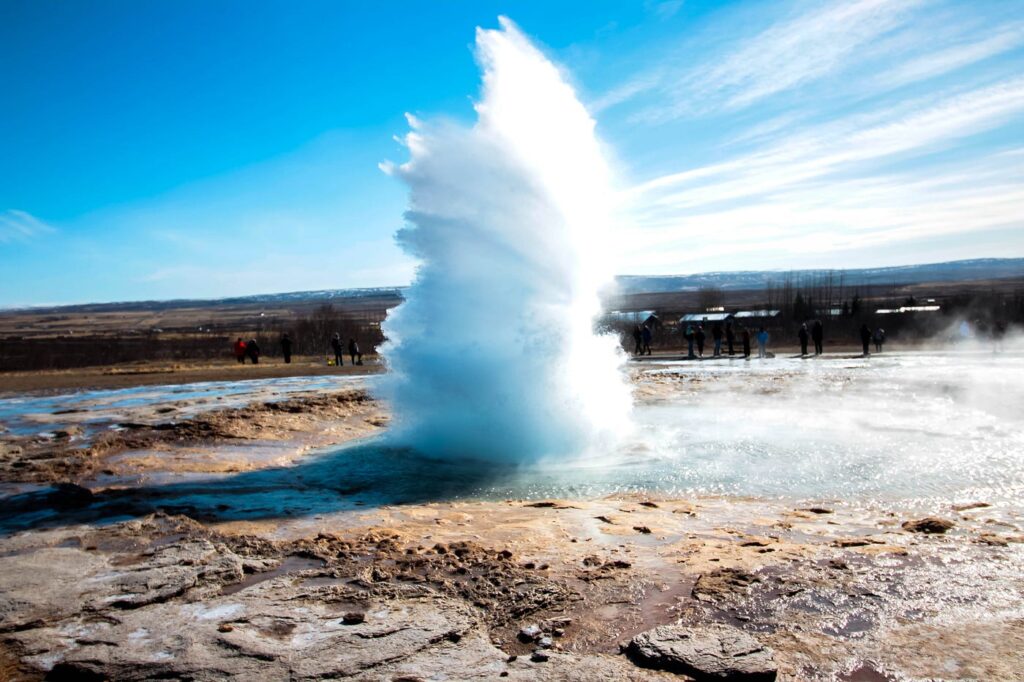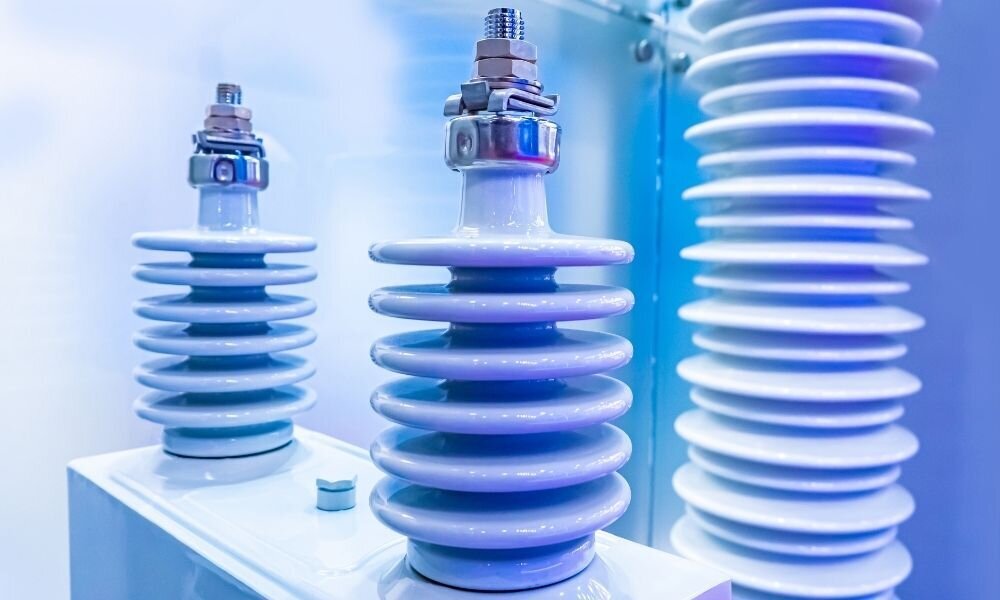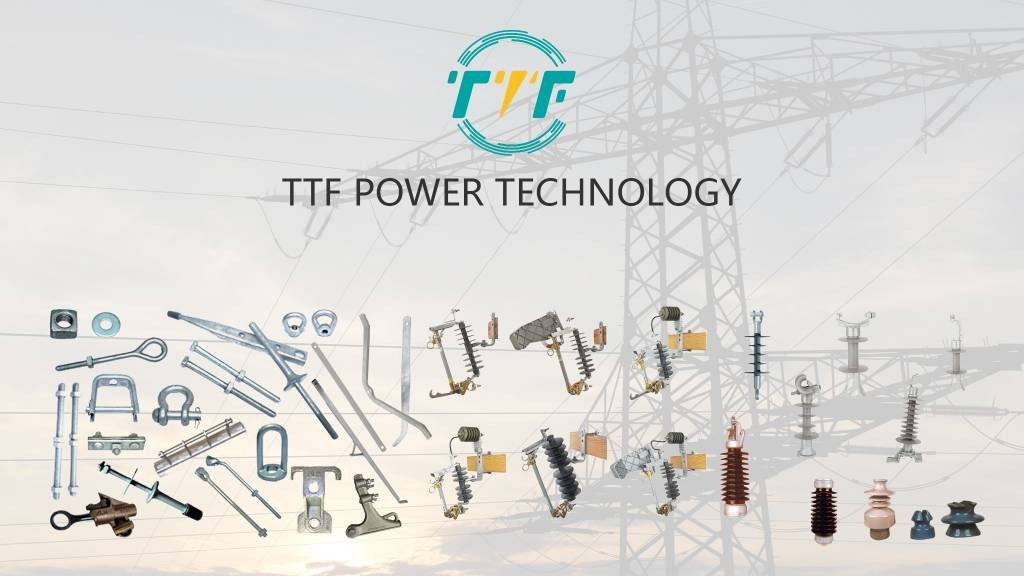
In the pursuit of clean energy and low-carbon energy, white hydrogen promises a clean alternative. White hydrogen is also referred to as natural hydrogen. It is naturally occurring and is found in the earth’s crust or emitted from underground reservoirs. South America has plenty of natural geological conditions that contribute to the development of white hydrogen. Additionally, the availability of mineral deposits, tectonic activity, and volcanic formations leads to increased opportunities for white hydrogen. For instance, the Andes Mountains span many countries and play a role in providing geological formations where white hydrogen accumulates. White hydrogen could couple with renewable energy initiatives to produce energy for local energy use. Further, electrical insulators play a crucial role in ensuring the safe and efficient operation of white hydrogen facilities.
South America has been exploring the potential of white hydrogen as a means to meet the ever-growing energy demands. For instance, Chile, Brazil, and Argentina are exploring their vast mineral wealth and renewable energy potential. Through integration with renewables, hydrogen storage provides a way to stabilize the grid. Production of white hydrogen provides cost-effectiveness, sustainability, and minimal carbon emissions. Additionally, electrical insulators ensure all the electrical connections are fully insulated and shielded. This is to maintain the integrity of electrical systems in the presence of hydrogen.
White hydrogen holds significant importance in the energy sector of South America.
White hydrogen has the potential to transform South America’s energy sector in various ways. It is still in its early stages of development and use in the region. White hydrogen could provide energy independence, economic impacts, and environmental sustainability. South America could position itself as a player in the global hydrogen economy by leveraging its geological features. It could also achieve its clean energy goals and reduce dependence on fossil fuels. Also, electrical insulators ensure that sensors and control systems in the facilities are protected from electromagnetic interference. The following are the factors that make white hydrogen significant in South America’s energy sector.

- Reduced dependence on fossil fuels – South America is a leader in renewable energy production. This includes hydropower, wind, and solar energy. Adding white hydrogen to the portfolio could diversify the region’s energy sources. This helps reduce reliance on fossil fuels. For instance, Argentina and Brazil have large fossil fuel industries, and white hydrogen could help reduce their carbon footprint.
- Low-carbon energy production – white hydrogen is naturally occurring, its extraction does not need energy-intensive processes like electrolysis. It therefore has the potential to be a near-zero-emission energy source. White hydrogen allows decarbonization of industries like heavy transportation, steel production, and ammonia manufacturing.
- Export opportunities and economic growth – by tapping into white hydrogen reserves, South America could become a major hydrogen exporter. This would generate economic growth and create new opportunities beyond traditional natural resources.
- Reduced energy costs – white hydrogen is cost-effective as compared to green hydrogen as it does not need significant electricity. It could also help bring energy to remote areas in South America.
- Enhanced energy independence – natural hydrogen production would enable South American countries to rely more on domestic energy sources. This will strengthen national security and ensure a more stable energy supply.
Benefits of using electrical insulators in white hydrogen facilities
Electrical insulators play a crucial role in white hydrogen facilities in South America. They offer several benefits that contribute to the safety, efficiency, and reliability of hydrogen production, extraction, and storage. The insulators provide essential protection against electrical hazards, preventing equipment failures and improving operational reliability. They also have the ability to function in harsh environmental conditions. Common types include post insulators, stay insulators, strain-insulators, and suspension-insulators. Here are some of the benefits of using electrical insulators in hydrogen facilities.

- Safety enhancement – electrical insulators ensure that electrical currents are confined to their intended paths. This prevents leaks or unintended contact between electrical components.
- High-voltage equipment operation – the facilities rely on high-voltage systems for powering pumps, compressors, and other equipment. Electrical insulators provide the necessary isolation to prevent electrical currents from damaging equipment.
- Resistance to hydrogen permeation – insulators made from materials resistant to hydrogen permeation ensure that critical electrical systems maintain their integrity.
- Optimized energy efficiency – electrical insulators help reduce energy losses by ensuring that electrical power transmits without leakage.